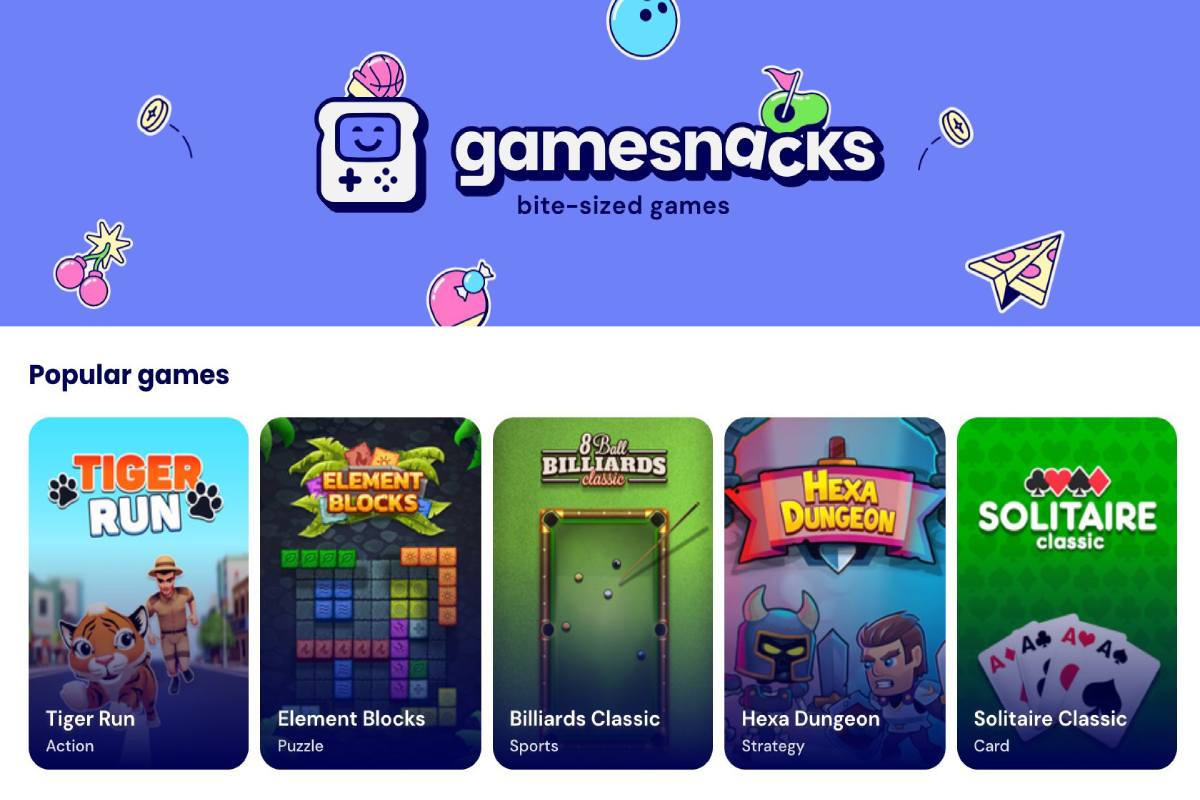Luck is far more than random chance—it is the invisible hand shaping human destiny, woven through myth, psychology, and modern design. From ancient retribution to engineered gameplay, luck functions as both narrative device and lived experience, guiding resilience and decision-making across cultures. This exploration traces how chance becomes meaning, and how modern metaphors like *Drop the Boss* reframe timeless truths about fortune’s turn.
Understanding Luck: Chance and Narrative Control
Luck straddles the boundary between randomness and meaning. In daily life, we attribute favorable outcomes to luck—a sudden windfall, a lucky break—while misfortune invites blame or lamentation. Psychologically, perceived luck influences risk-taking and emotional resilience: studies show individuals who interpret events as guided by luck report greater adaptability and lower anxiety in uncertain situations. This dual role—chance as unpredictable event and narrative controller—reveals luck not as passive fate, but as an active force in human agency.
The Psychological Weight of Perceived Luck
“Luck is not just what happens to us, but how we interpret it—our mind’s compass in chaos.”
Research in cognitive psychology suggests that when outcomes align with personal goals, the brain privileges chance as meaningful reward. This cognitive bias strengthens perseverance and optimism, turning fleeting moments of fortune into lasting confidence. In high-stakes environments—from business to games—this reframing of luck as a catalyst for resilience becomes a strategic asset.
Luck in Myth: The Nemesis Paradigm
Greek mythology offers one of the earliest and most vivid reflections on luck: *Nemesis*, the divine force of retribution, embodied moral balance through chance. She intervened not randomly, but to correct excess and hubris—arrogance that defies natural order. Fortune, in this view, was not caprice but a corrective engine, ensuring that power and pride were met with consequence. This mythic framework transforms luck from randomness into a moral and cosmic regulator, a timeless metaphor for accountability.
- Nemesis as divine balance—turning overreaching ambition into measured fate
- Luck as moral feedback: misfortune as a lesson, not mere randomness
- Myth’s enduring power: framing unpredictability as purposeful, not chaotic
Myth as Early Metaphor for Consequence
“When hubris rises, so must the tide of fate—luck as reckoning, not randomness.”
This narrative logic persists today, embedded in modern games where players confront risk and reward as if guided by ancient forces. The psychological echo of nemesis remains: players feel the weight of choice not just in outcomes, but in the story unfolding.
The Fortune Engine: Mechanizing Luck in Modern Design
Contemporary game designers have transformed mythic notions into tangible mechanics. Take *Drop the Boss*, a slot game where players literally *flip fortune* through risk. The game’s design embodies the engineered unpredictability central to modern luck—abstract chance becomes visible, interactive, and emotionally resonant. Through visual cues like the bold orange hue, luck is not abstract but vivid, anchored in identity and action.
The Fortune Engine translates chance into gameplay by balancing randomness with player agency. Each spin is a narrative beat: risk for reward, tension for release. This mirrors mythic reversals—hubris met by fortune’s turn—now played out in pixels and probabilities.
| Mechanic: Risk → Reward | Visual Cue: Vibrant orange tone signaling active, dynamic luck | Narrative Flow: Hubris → Choice → Fortune’s Reversal |
Luck as Identity: The Orange Hue in *Drop the Boss*
The orange glow in *Drop the Boss* is more than color—it’s a psychological beacon. It activates energy and positivity, framing luck as a living force, not a passive event. This anchoring of luck in sensory experience deepens emotional investment, turning gameplay into ritual.
By embedding meaning in design, the game transforms chance into a shared narrative of courage and reversal, echoing mythic arcs where downfall gives way to triumph.
Luck as Narrative Structure: From Myth to Modern Gameplay
At the core of myth and modern gameplay lies a shared narrative: fate reversed through human action. In ancient epics, gods orchestrate fortune’s turn; in *Drop the Boss*, players become the agents. This shift from divine intervention to player choice preserves the emotional arc—fear of loss, thrill of reversal, meaning in outcome—while redefining structure through interactivity.
Gameplay becomes story. Each risk taken is a step toward destiny. The emotional payoff isn’t just winning—it’s recognizing oneself as architect of fate.
The Emotional Arc of Fortune’s Turn
- Anticipation: Fear of loss fuels tension
- Choice: Risk-taking as expression of agency
- Reversal: Surprise of fortune’s flip sparks joy or relief
- Reflection: Meaning emerges from outcome, not just result
Beyond Entertainment: Luck as Cultural Bridge and Resilience Tool
Luck, once mythic, now shapes modern mindset. Games like *Drop the Boss* distill ancient wisdom into accessible metaphors, teaching players to embrace uncertainty as catalyst for growth. This engineered chance cultivates **adaptive optimism**—the belief that meaning is forged, not found.
By engaging with structured randomness, individuals practice resilience: not denying risk, but trusting the journey through it. Such metaphors bridge past and present, offering timeless tools for navigating life’s unpredictability.
As the *drop the boss game free
offers players a vivid microcosm of this truth—luck not as passive fate, but as narrative power activated by choice. Through myth and mechanics, we learn that fortune does not merely fall; it turns, and we shape the turn.
Table: Contrasting Mythic and Modern Luck
| Aspect | Greek Myth (Nemesis) | Modern Game (Drop the Boss) |
|---|---|---|
| Source of Luck | Divine retribution and moral balance | Engineered unpredictability and player choice |
| Role of Action | Hubris triggers reversal; choices drive fate | Risk-taking initiates fortune’s turn |
| Emotional Arc | Fate corrected, wisdom gained | Fear → Thrill → Meaning |
| Cultural Bridge | Timeless myth informs modern gameplay |
Through myth and modern design, luck emerges not as random chance, but as a structured force—woven through story, psychology, and play. The *drop the boss game free
invites players to live this truth: fortune turns not blindly, but through the courage to act.

